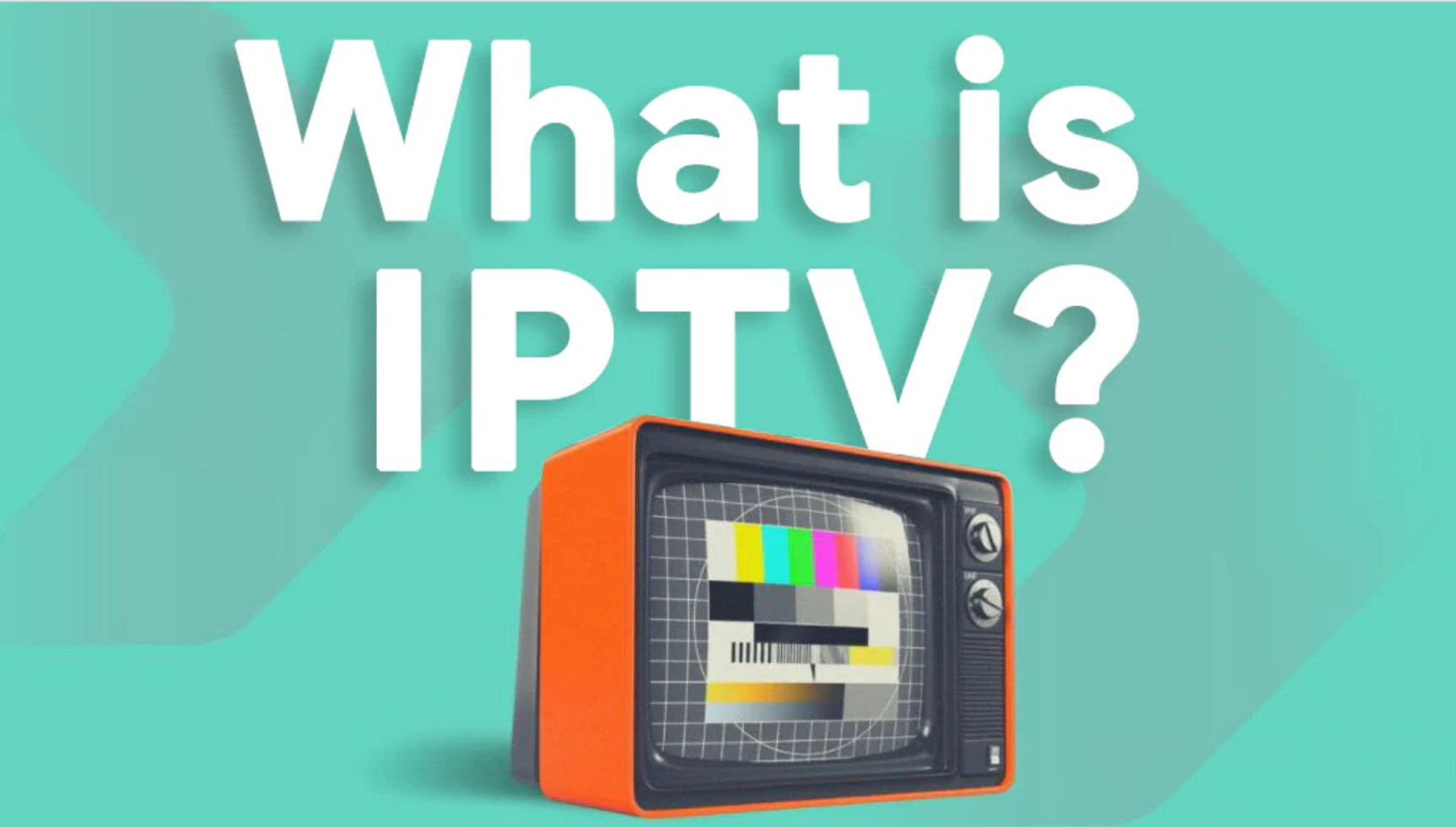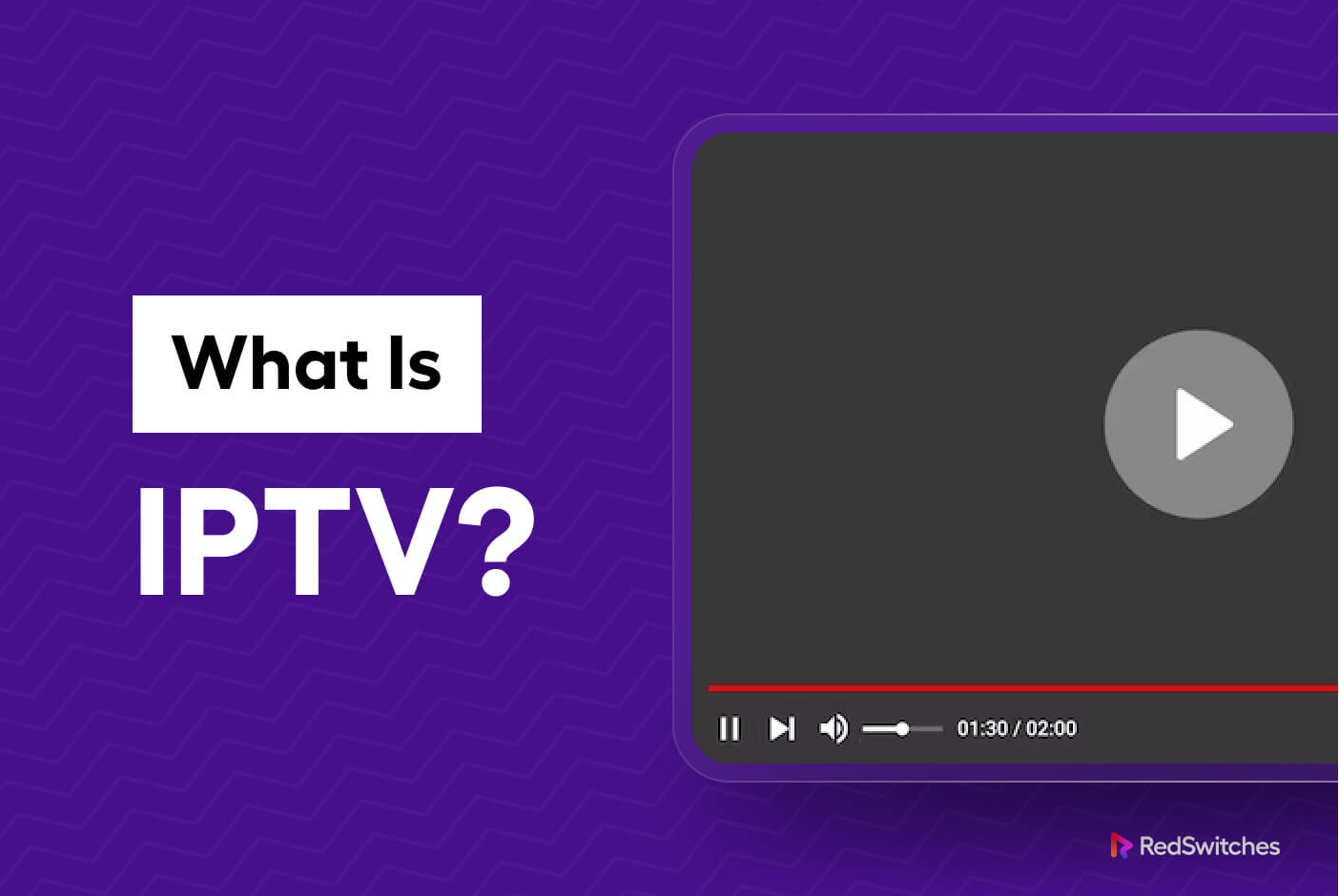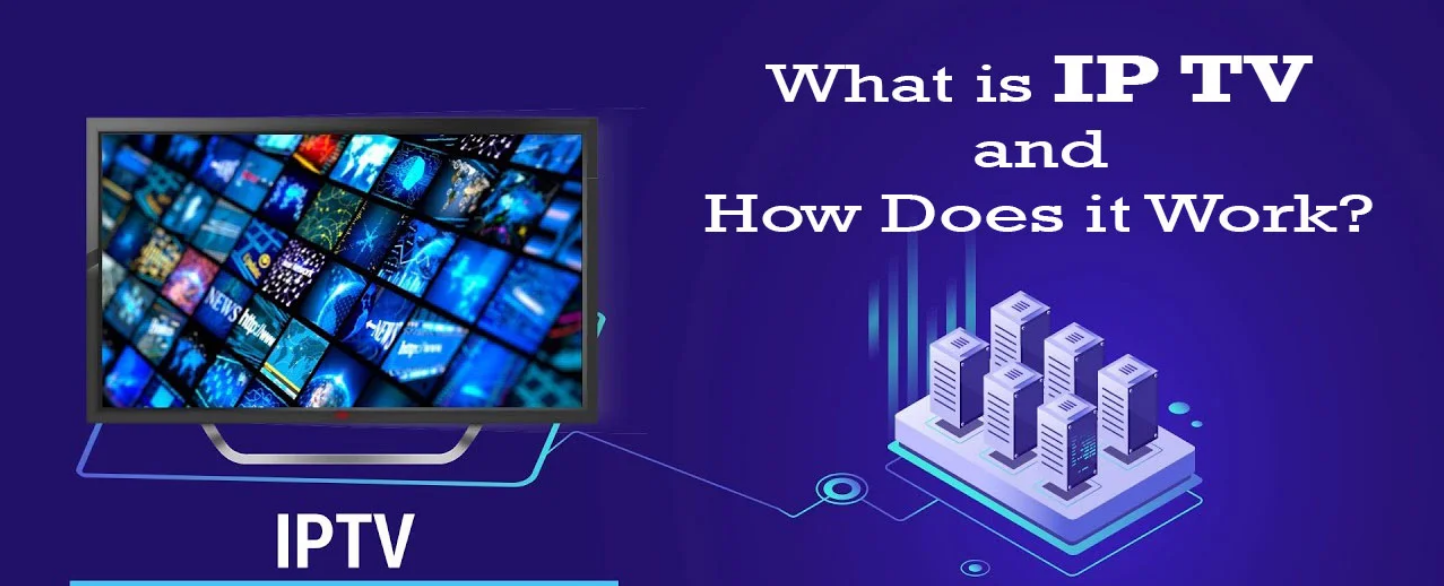What is iptv?
What is IPTV, or Internet Protocol Television, is revolutionizing the way we consume television content. In this digital era, IPTV has emerged as a popular alternative to traditional cable and satellite TV services, offering viewers a more personalized and interactive viewing experience. This article delves into the world of IPTV, exploring its technology, benefits, and impact on the entertainment industry. From understanding how IPTV works to comparing it with traditional TV services, we aim to provide a comprehensive overview of this innovative television delivery method.

Introduction to IPTV
What is IPTV?
Ah, Tv, it’s not some new kind of vitamin, just in case you were wondering. IPTV stands for Internet Protocol Television. It’s like having a buffet of TV channels delivered to your screen using the power of the internet.
Evolution of IPTV
IPTV has come a long way from those bulky satellite dishes on rooftops. Now, it’s all about streaming your favorite shows and movies directly to your smart devices. Evolution never tasted so digital!
How This Works
Transmission of TV Signals
Think of IPTV signals as digital messages zipping through the internet superhighway to reach your screen in record time. No pigeons involved, we promise.
This Architecture
Behind the scenes, there’s a whole fancy architecture ensuring that your favorite cat videos and sitcoms reach you seamlessly. It’s like a well-coordinated dance, but with data packets.
Benefits of IPTV
Enhanced Viewing Experience
Get ready to say goodbye to pixelated screens and lagging streams. With this, you can enjoy crystal-clear picture quality and smooth playback. It’s like upgrading from a flip phone to a smartphone, but for your TV.
On-Demand Content
Who needs to wait for a specific airtime when you can watch what you want, when you want? Tv offers a plethora of on-demand content, so you can binge-watch to your heart’s content. Just don’t forget to stretch those legs between episodes.

IPTV vs Traditional TV
What is usa iptv?
Differences in Delivery
Traditional TV relies on cable or satellite signals, while TV harnesses the internet for delivery. It’s like the difference between sending a letter via carrier pigeon versus blasting an email – much faster and without the bird poop.
Interactive Features
TV brings a whole new level of interactivity to your TV screen. Say hello to features like on-screen menus, video-on-demand, and interactive apps. It’s like your TV suddenly went to a tech-savvy finishing school and came back cooler than ever.**This Technologies and Protocols**
*Internet Protocol Suite*
When it comes to This, think of it as TV over the internet. This uses the Internet Protocol Suite, which is like the tech lingo for the set of rules that allow data to be sent over the internet. This suite includes protocols like IP, TCP, and UDP, making sure your favorite shows reach your screen smoothly.
*Streaming Protocols*
Streaming protocols are the secret sauce that makes This work seamlessly. These protocols, such as HLS (HTTP Live Streaming) and RTMP (Real-Time Messaging Protocol), deliver your episodes and sports games in real-time, so you can binge-watch without any buffering hiccups.
**IPTV Services and Providers**
*Major IPTV Service Providers*
When it comes to choosing an TV service provider, you’ve got options. From giants like Netflix and Hulu to more specialized services, such as Sling TV and YouTube TV, there’s a provider for every type of viewer. Just pick your faves and start streaming!
*Subscription Models*
Subscription models for TV can vary. Whether it’s a monthly flat fee, pay-per-view for special events, or a freemium model with ads, there’s a pricing plan for everyone’s taste. So, say goodbye to cable contracts and hello to flexible IPTV subscriptions.
**IPTV Trends and Future Outlook**
*Emerging Technologies in IPTV*
isn’t stopping at just streaming shows. With emerging technologies like VR (Virtual Reality) and AR (Augmented Reality) stepping into the scene, get ready to dive into immersive viewing experiences right from your couch. The future of TV is looking pretty cool!
*Market Growth and Potential Challenges*
As IPTV continues to grow in popularity, the market is expected to boom. However, with great power comes great responsibility, and potential challenges like content piracy and bandwidth issues may pop up along the way. But hey, we’re all in this wild ride together!In conclusion, represents a significant shift in the realm of television broadcasting, offering viewers greater flexibility and control over their viewing experiences. As technology continues to advance, This is poised to further transform the way we access and interact with television content. Whether it’s the convenience of on-demand programming or the seamless integration of internet services, this is reshaping the future of entertainment. Embracing this digital evolution opens up a world of possibilities for both content providers and audiences alike, setting the stage for a dynamic and engaging television landscape ahead.

FAQs about IPTV?
1. What equipment do I need to access IPTV services?
To access IPTV services, one must arm themselves with the necessary equipment to indulge in a world of unlimited entertainment at their fingertips. A high-speed internet connection is paramount, as it serves as the gateway to streaming content seamlessly without interruptions or buffering woes. A compatible device such as a smart TV, set-top box, or streaming media player is also crucial to access IPTV services. Additionally, a subscription to an IPTV service provider is essential to unlock a plethora of channels and on-demand content. Without these key components, one risks being left in the darkness of traditional television viewing, unable to savor the innovative and immersive experience that IPTV offers. It is through obtaining and utilizing this equipment that one can truly immerse themselves in the captivating world of IPTV.
2. Is IPTV legal to use?
Yes, IPTV can be legal to use depending on the source of the content being streamed. Many IPTV services legally obtain broadcasting rights and licenses to stream content to viewers, making their services completely legal. However, there are also numerous illegal IPTV services that provide users with unauthorized access to copyrighted material, which is against the law. It is essential for users to research and choose reputable IPTV providers who have obtained the necessary permissions to broadcast content legally. Using illegal IPTV services not only violates copyright laws but also exposes users to potential legal repercussions. Therefore, it is crucial for individuals to be informed and selective when choosing an IPTV service provider to ensure they are engaging in lawful viewing practices.
3. Can I watch live TV channels with IPTV?
Yes, you can indeed watch live TV channels with IPTV (Internet Protocol Television). IPTV is a system through which television services are delivered over the internet rather than traditional cable or satellite means. This allows for the streaming of live TV channels, much like you would experience with cable or satellite TV services. With IPTV, viewers can access a wide range of live TV channels from around the world, offering an extensive selection of programming options. Additionally, IPTV services often provide features such as video on demand (VOD), catch-up TV, and interactive capabilities to enhance the viewing experience. The flexibility and convenience that IPTV offers make it a popular choice for consumers looking to access a diverse array of live TV channels in a cost-effective manner.
4. How does IPTV differ from streaming services like Netflix or Hulu?
IPTV, or Internet Protocol Television, differs from streaming services like Netflix or Hulu in a few key ways. While both deliver content over the internet, IPTV relies on a dedicated network infrastructure that prioritizes quality and reliability for live TV broadcasts. This means that IPTV services often offer more channels and access to real-time programming, making them popular choices for sports fans or those who prefer to watch traditional cable TV channels. On the other hand, streaming services like Netflix and Hulu focus on delivering on-demand content, including exclusive shows and movies that can be accessed anytime. Additionally, IPTV usually requires a set-top box or compatible device to access the service, while streaming services can be accessed on a variety of devices without any additional equipment. Ultimately, the choice between IPTV and streaming services comes down to personal preference and viewing habits.

